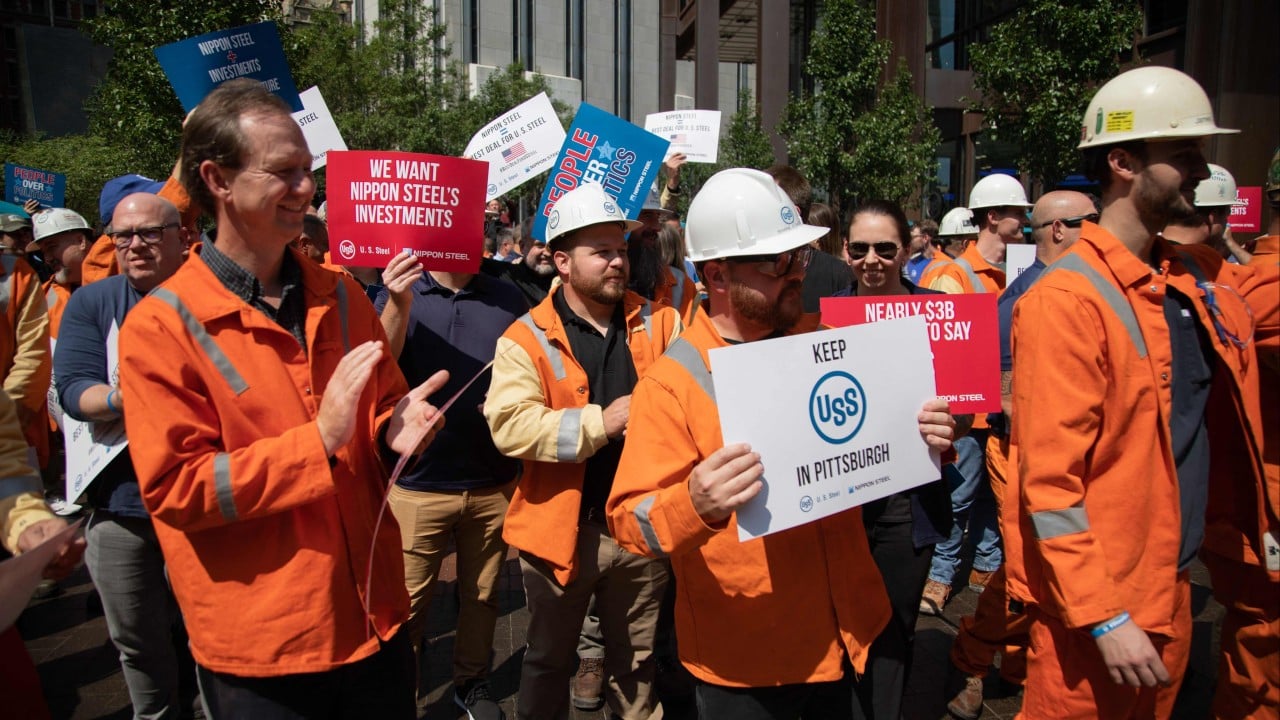So much for the concept of a “borderless world of business” espoused in 1990 by Japanese management consultant Kenichi Ohmae, a former senior partner of McKinsey. In his bestselling book, The Borderless World: Power and Strategy in the Interlinked Economy, Ohmae argued national borders had become less relevant to business than ever before.
Biden’s order, meanwhile, is raising concern within the Japanese government and business community that the action will discourage Japanese corporate investment in the United States and weaken bilateral relations between the two countries.
The issues involved go deeper than manifestations of narrow nationalism on the part of either leader. They raise the basic question of whether the abolition of national borders can be achieved from the bottom up – by business interests, for example, as in this case – rather than from the top down by government and the legal establishment.
